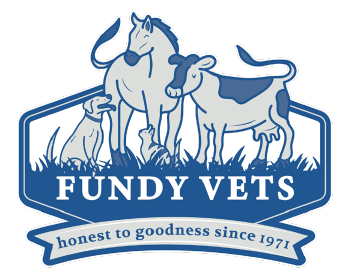Anal Glands: Everything you Wanted (or Didn't Want) to Know.
Everything you ever wanted to know, (or didn’t want to know) but were afraid to ask…
What are They?
Anal glands are small secretory pouches located just inside the opening of the anus. There are two of them, and they have small tubes through which they are emptied.
GROSS!
These glands certainly do contain foul-smelling material, but at least it's for a good reason. They're used in scent marking and to assist in communicating with other dogs – this is, after all, usually the first place a dog goes to receive a hearty ‘hello’ from another dog. To humans, the material smells disgusting and can cause a dog to have a metallic, fish-like, or generally “off” smell, although other dogs don't seem to mind it at all. Anal glands usually empty when a dog poops, but they may also empty when a dog is frightened. Playing practical jokes on your dog is unwise for this reason.
Signs They're Blocked or Infected
When a dog drags their hind end along the ground (usually your carpet, unfortunately) due to an itchy bottom, it's called ‘Scooting.’ It's often accompanied by a lot of licking of the affected area. It can be caused by intestinal worms, or blocked or infected anal glands.
Treatment
The treatment for scooting due to blocked anal glands is to empty them. A veterinarian does this by placing a finger into your dog's bottom and gently expressing them. While many dogs rarely if ever need this done, others need it monthly or even weekly.
Infected anal glands require antibiotics and sometimes need to be flushed out while your dog is anesthetized.
Prevention
It's not totally understood what causes blocked anal glands. One theory is that some commercial foods cause dogs to produce smaller poops, and this may result in the glands not having enough pressure exerted on them to empty properly while your dog goes to the toilet. Adding some extra bran or fibre to the diet is therefore worth trying. It's widely believed that some anal gland problems are caused by food allergies, so changing to a low allergen prescription diet may help. Talk to your veterinarian about the diet most suitable for your dog.
